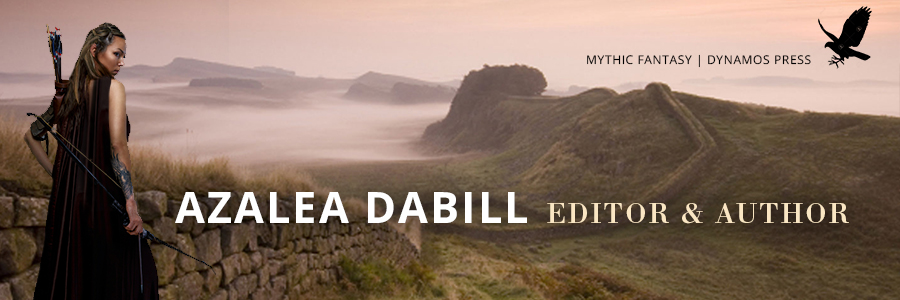All good fantasy points to the truth of God, who we are in the sphere we breathe in, who our enemy is, and who we can or will become.
When we look to hope, and the refuge above ourselves, we have joined the cosmic war. Our training has begun.
And the entire rightful aim of training for war is peace—when evil will be no more in the cosmos. Until that time of complete healing, we can but bind the world’s wounds after groundbreaking conflict, when the seeds of peace are sown in peace by the makers of peace. – Fantastic Journey pg. 155
Jenelle Schmidt in Mantles of Oak and Iron speaks of conflict, training, and more than survival in the cosmic war:
The glow of their accomplishment washed over each of them as they ambled across the Academy grounds together. They continued in silence, an easy comaraderie settling over their group. They needed no words, and they needed no applause or recognition for the task they had accomplished. They had done their duty, they had survived nightvines, frigid rivers, hungry grymstalkers, and deadlier yet, warring personalities. They had climbed mountains and pushed through their own exhaustion. They had not come through the fire unscathed, but they had come through it. And more than all they had endured, they had shared the ordeal together and become brothers. …
When you stand beside someone and face the enemy together, you become brothers. When you train together to defend our nations, you become brothers. The second you stepped across the Academy threshold, you became a part of this family. Don’t either of you forget it again. …
In this cosmic war, to be part of God’s family is an indescribable gift, and we catch glimpses of who we will become. It is intriguing that we are told we will be like him, for we will see him as he is. Isn’t it fascinating, that in order to be like him we must see him clearly? That will be a glorious day, when the cosmic war is won.
In the mean time, it’s back to training, and occupying until he comes. There are people to help and encourage, and things we need to learn to fight the unseen battle well. Through him we shall do valiantly, and defeat the evil within. The end of ourselves is in sight. Not the true, just, joyful self he made us to be, but the self that would swallow everything in pride and selfishness. Thank God for that!
What place will you take in the war of the cosmos? Where will you stand? With who will you side, and on what grounds? Why do you fight?
Crossover – Find the Eternal, the Adventure

